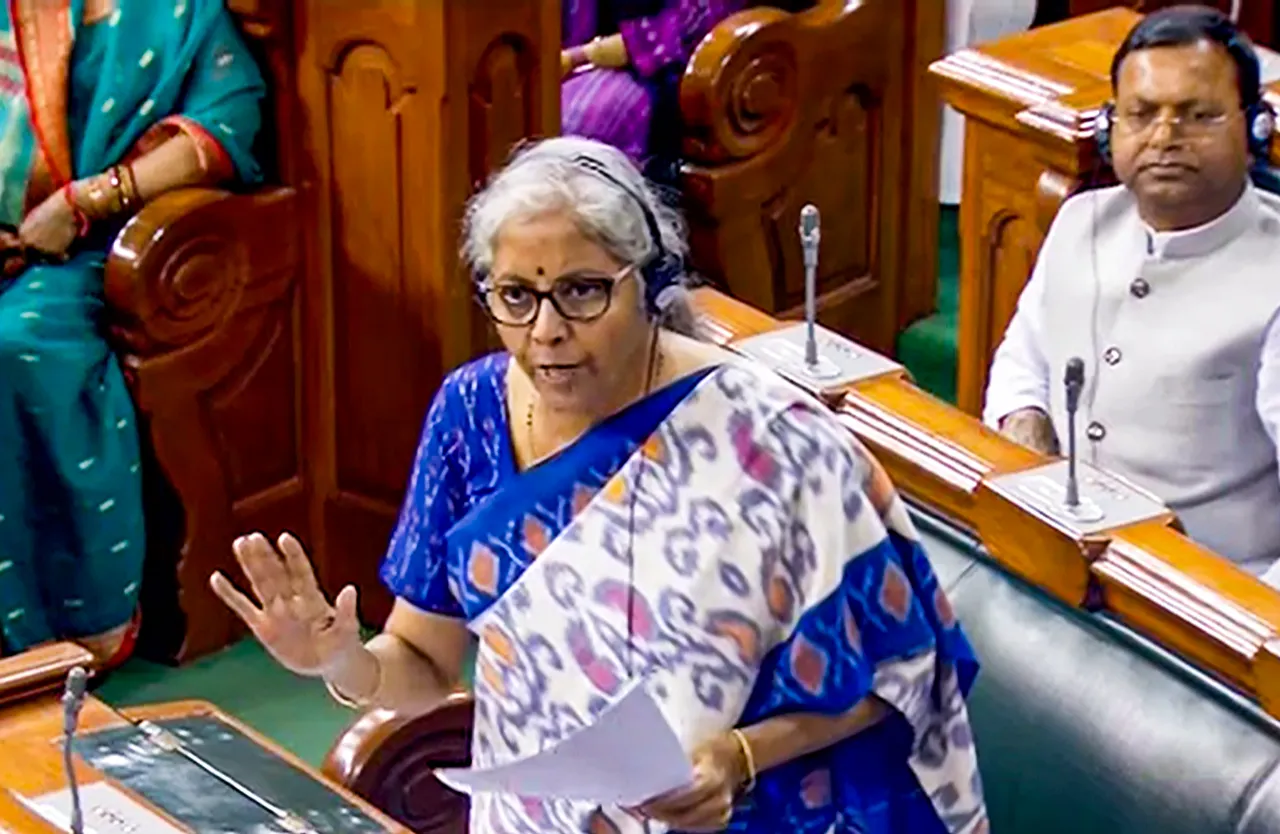New Delhi: The All India Council for Technical Education (AICTE) has extended the moratorium on setting up new engineering institutes for two more years with certain exceptions, according to its chairman Anil Sahasrabudhe.
The move comes after a government-constituted panel had recommended continuation of the ongoing moratorium. The AICTE had imposed a moratorium of two years on granting approvals for new colleges in 2020.
“The AICTE has extended its moratorium on establishing new engineering institutes up to two years with certain exceptions,” Sahasrabudhe said.
The exceptions include state government proposal to start new polytechnic in conventional, emerging, multidisciplinary, vocational areas including PPP mode;
any industry having a minimum annual turnover of Rs 5,000 crore (in preceding three years) registered as trust, society, company established under Section 8 of the Companies Act, 2013; and philanthropical organisations existing for over 25 years and running other educational institutes having a minimum enrolment of 10,000 students and NIRF (if applicable) ranking up to 100 in the preceding year.
The technical education regulator had constituted a committee in 2018 under the chairmanship of BVR Mohan Reddy, chairman of Board of Governors, Indian Institute of Technology, Hyderabad on short-term and medium-term perspective plan for engineering education.
The committee observed that the capacity utilisation (intake capacity vs enrolment) in undergraduate and postgraduate levels was 49.8 per cent during 2017-18 and had recommended that no new capacity be approved by the AICTE starting from the academic year 2020 and the creation of new capacity can be reviewed every two years thereafter.
“More than 40 per cent of the essential requirements already demanded by the council from its approved institutions are NEP compliant. It is pertinent to mention that in the previous academic year, the council took a step forward to diminish the subject barrier by including a total of 14 subjects studied in various school education boards across the country to make them eligible for pursuing technical education courses offered by the council,” Sahasrabudhe said.
“The same gained quite a traction across the academia in the country. To clear the perception of Multiple Entry Multiple Exit (MEME) and bridge courses, the council in its approval handbook this year has included an eligibility table depicting course wise subject eligibility for admission to various branches of engineering and technology,” he said.
The New Education Policy (NEP) envisages that all higher education institutions (HEIs) should evolve into autonomous universities by the year 2040 with individual enrolment of above 3,000.
“Consequently, the AICTE has facilitated merger of institutions without restriction of intake and has granted autonomy to the PGDM standalone institutions under its purview.
“The council had last year announced technical education courses in Indian languages. Consequently, in the last year alone we granted approval to 19 institutes and universities to conduct 26 technical courses in six Indian languages (Bengali, Hindi, Kannad, Marathi, Tamil and Telugu) in 10 states,” Sahasrabudhe said.
“In order to facilitate the smooth conduct of these courses, various translated books in Indian languages are being made available to the institutions. We have kept a target of implementation of printing of study materials in 12 Indian languages,” he said.






